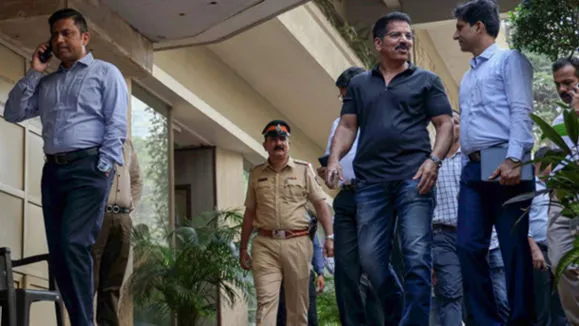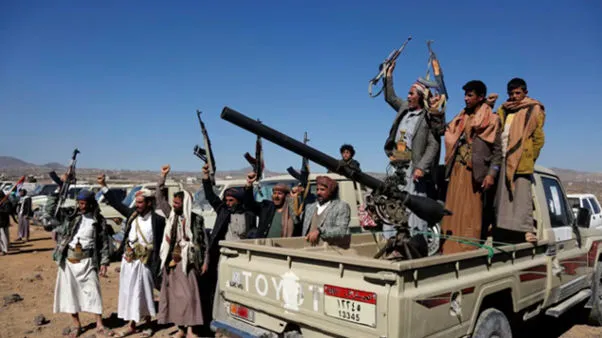The Election Commission of Pakistan (ECP) has proposed to hold the elections for the Punjab assembly between April 9 and 13 and for the Khyber Pakhtunkhwa assembly between April 15 to 17, adding that in February, the ECP announced by-elections on March 19 for the 31 vacant parliamentary seats.
On the political crisis in Pakistan, the director of research at SADF (South Asia Democratic Forum), Dr Siegfried O. Wolf, writes that having provincial elections scheduled in April and general elections scheduled in October is an unprecedented situation in the country’s electoral history. Traditionally, Pakistan conducts national and provincial elections simultaneously. However, the constitution allows for separate poll dates as well. Apparently, there is a legal limbo on the issue and it seems that there is no constitutional regulation for delaying the polls for assemblies, the SADF researcher wrote. The governors of Punjab and KPK are also in search of ways to delay the polls in their provinces, citing the current ‘alarming law and order situation’ and the economic crisis. Considering the challenges Pakistan is facing at the moment, the PDM is most likely not keen to “face the unenviable prospect of holding six months of staggered elections”.
Measures by the judiciary might complicate the electoral process further. Pakistan might also experience unconstitutional interventions in the political-electoral processes by so-called veto actors, namely the army and intelligence, in accordance with dynamics entrenched in the country’s political culture, the SADF wrote, adding that a coup d’etat does not seem likely, as the Pakistani army and its Inter-Services Intelligence (ISI) possess a large variety of indirect measures to influence politics.
The present political drama in Pakistan started in April 2022, when then Prime Minister Imran Khan was ousted following a parliamentary vote of no confidence.

















